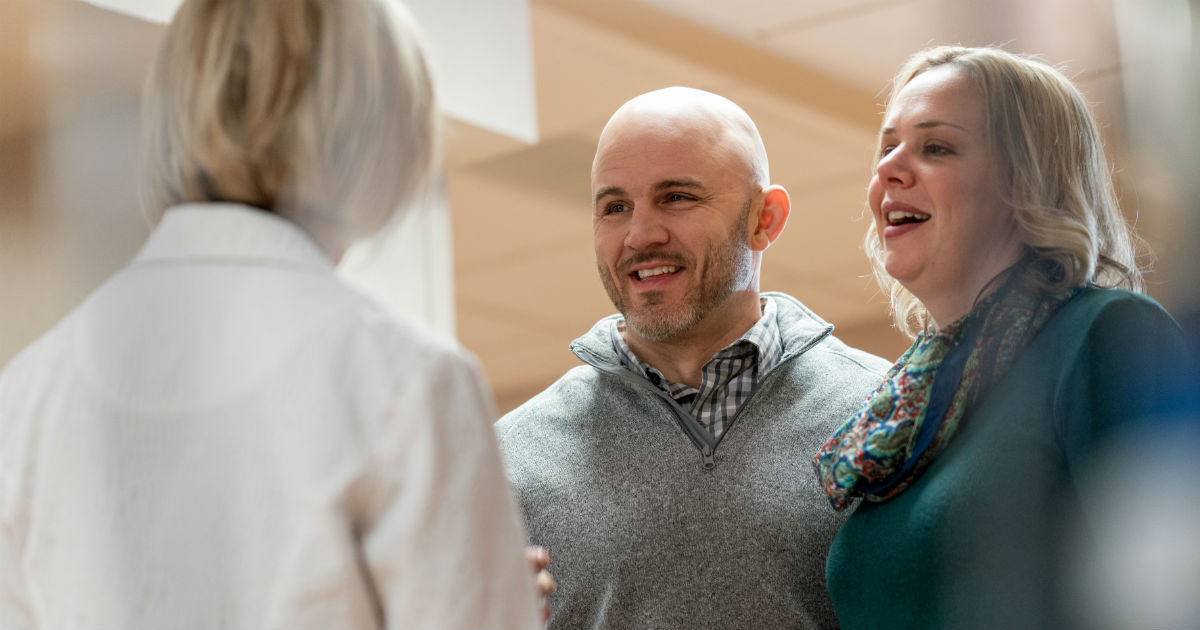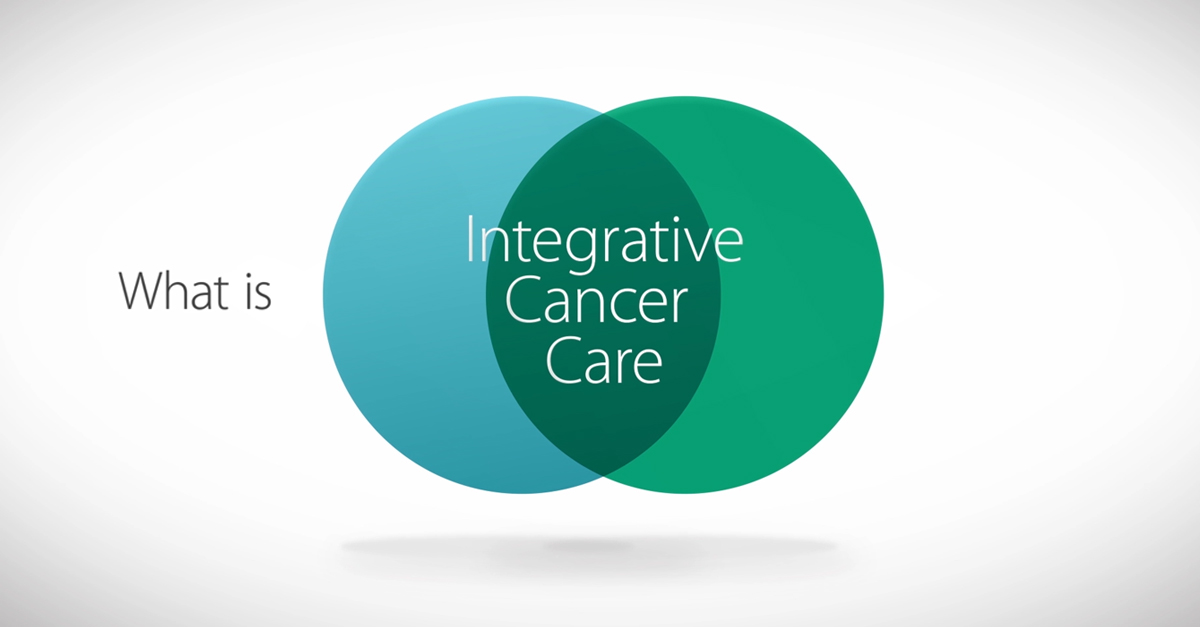
Cancer of the esophagus is relatively rare in the United States, accounting for just 1 percent of all cancers, or some 18,440 new diagnoses each year, according to American Cancer Society data. Since treatment directly impacts the gastrointestinal (GI) tract and the way nutrients are ingested and digested, esophageal cancer patients face unique challenges. Staying adequately nourished is key for any cancer patient, but considering the difficulties esophageal cancer patients may have processing food and liquids, integrative care may be particularly beneficial for those navigating this cancer type.
Weight loss and other digestive side effects like reflux or heartburn are particularly common for esophageal cancer patients, according to Carolyn Lammersfeld, MBA, MS, RD, CSO, LD, Vice President of Integrative Care Services at Cancer Treatment Centers of America® (CTCA). “If patients are diagnosed at an early stage, they often undergo surgery to remove the esophagus, and that can impact the stomach and other areas,” Lammersfeld says. Depending on the surgery, complications may cause weight loss, diarrhea, acid reflux and other quality-of-life symptoms. It’s also not uncommon for the patient to undergo radiation therapy or chemotherapy or both, so the symptoms caused by those therapies, such as nausea, must be considered as well, she says.
One common symptom of esophageal cancer is dysphagia—difficulty or painful swallowing. The condition puts patients at risk for aspiration, which occurs when food goes to the lungs instead of the stomach. “We may bring in a speech/language pathologist as part of integrative care,” Lammersfeld says. “We need to find out if it’s safe for them to swallow liquids or foods. Liquids may need to be thickened or thinned; food texture may need to be modified. Foods, including meats, may need to be ground or pureed. It’s an important component of care.”
Since the narrowing of the esophagus—the tube connecting the throat and stomach—may make it difficult or impossible for food to go down, esophageal cancer patients often require a feeding tube. “During the period of time the patient is undergoing treatment, we place the feeding tube in the stomach or small intestines,” says Pankaj Vashi, MD, AGAF, FASPEN, Vice Chief of Staff at CTCA® Chicago. “Where the tube is placed depends on the individual patient.” The rate of malnutrition in esophageal patients is as high as 79 percent, and they may continue to lose weight throughout treatment, so it’s critical to see that they absorb enough calories and liquids to maintain their strength. If no feeding tube is required, the care team likely will include a nutritionist to develop a meal plan personalized to the patient’s tastes and needs.
Going out to eat can also be difficult for patients who have trouble swallowing or who rely on a feeding tube. A licensed counselor can help them develop strategies for dealing with anxiety or depression brought on by a change in eating habits, while pain management experts can help find ways to mitigate challenges like uncomfortable ulcerations or inflammation, Dr. Vashi says.
Physical therapy may be used to strengthen physical function and reduce fatigue in those who have experienced significant weight loss, which also often leads to a loss of muscle mass, Lammersfeld adds. Occupational therapists, meanwhile, may help patients with activities of daily life, and massage and/or meditation may be helpful for dealing with physical changes to the body.
“We approach evidence-informed symptom management and controls for esophageal cancer just as we would with any other cancer type,” Lammersfeld says.



